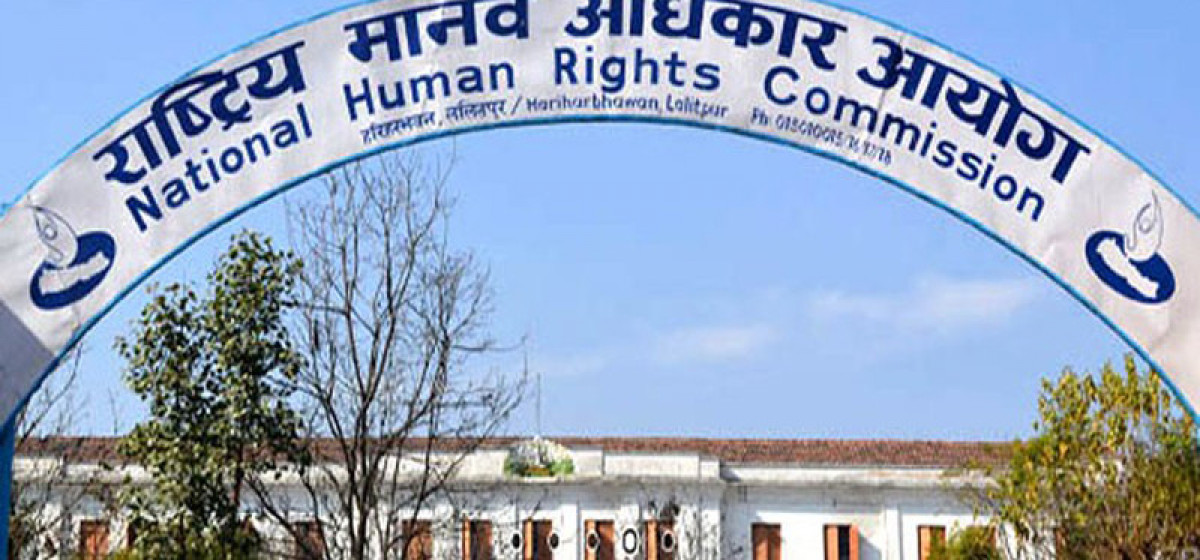The persistent demand for voting rights for Nepalis residing abroad has finally seen a glimmer of hope with an announcement on Friday by President Ram Chandra Paudel. Presenting the government’s policies and programs for the next fiscal year 2023/24, President Paudel announced the government’s plan to provide voting rights to Nepalis living abroad, including the Non-Resident Nepalis (NRNs). This is a long-awaited initial victory for the Nepali diaspora, and it marks a significant milestone in Nepal's democratic journey. For years, organizations such as the Non-Resident Nepali Association (NRNA) and various other groups have been advocating the right to vote for eligible Nepalis living abroad. Though assurances from politicians and political parties were given in the past, this is perhaps the first time the government has shown a concrete commitment to fulfilling this demand. Let’s hope the government is ready to walk the talk.
It is important to recognize that the Supreme Court had previously ordered the government to ensure voting rights for Nepali citizens residing outside the country. The court's directive, issued over five years ago in March 2018, clearly stated that Nepalis living abroad should not be deprived of their voting rights. Despite this, the government had been reluctant to take action, causing frustration among NRNs. The recent policy announcement by President Paudel has brought renewed hope to the Nepali diaspora. This decision holds significant importance as it is expected to benefit approximately eight million Nepalis living in various countries of the world. By allowing them to cast their ballots in periodic elections back home, Nepal has an opportunity to witness a new electoral history.
Govt serious about giving voting right to NRNs: PM Dahal

Nepalis living abroad have played a crucial role in sustaining the country's economy through their remittance contributions. Having witnessed development in their host countries, they bring with them valuable experiences and a heightened political and economic awareness. Their votes have the potential to shape Nepal's future for the better, bringing a fresh perspective and a desire for a prosperous and accountable nation.
However, it is important to remain vigilant. The current batch of politicians might not be the most popular among Nepalis living abroad, and doubts arise about their true intentions in formulating laws that would grant NRNs the right to vote in all elections. The reluctance of politicians to address this issue has been a major hurdle in the past. Therefore, it is crucial to continue exerting pressure to ensure that the politicians follow through on their promises.
The announcement of voting rights for Nepalis abroad could be seen as a response to mounting pressure, including the Supreme Court's order five years ago. Yet, it is imperative that we do not relent in our efforts. The laws enabling Nepalis living abroad to exercise their voting rights must be passed by the current parliament. Nepalis living abroad, including NRNs, should have the opportunity to cast their votes in the upcoming elections, such as the one scheduled for 2084 BS. Granting voting rights to NRNs is not only a matter of inclusivity and democracy but also recognition of their contributions and aspirations. The voices of NRNs carry the potential to reshape Nepal's political landscape, fostering a more accountable and progressive governance system.
Therefore, the government's policy to grant voting rights to Nepalis living abroad is a cause for celebration and optimism. It represents a significant step towards inclusivity and acknowledges the important role of NRNs in the country's development. However, we must remain vigilant and ensure that the promises made by politicians are fulfilled. By continuing to exert pressure and advocating for the passage of relevant laws, we can guarantee that NRNs can exercise their democratic right to vote and actively participate in shaping Nepal's future.



































